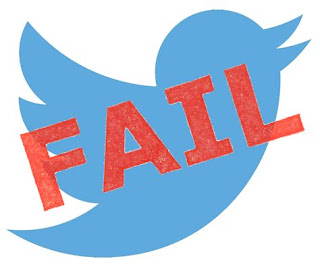Matt Novak
Forbes Magazine
Originally published 9 AUG 23
Executives at X, the company formerly known as Twitter, testified in front of an Australian Parliament hearing late Wednesday, and defended the restoration of an X account after it shared child sexual abuse material in late July. The incident attracted widespread attention because X owner Elon Musk personally intervened to reinstate the account after a violation that would normally result in a permanent ban from the social media platform.
Nick Pickles, the head of global government affairs at X, was asked about the incident by an Australian senator late Wednesday ET, early Thursday Australian local time, after Pickles first suggested there was a zero tolerance policy for child sex abuse material before seeming to contradict himself. Pickles said the offending account in question may have been sharing the content “out of outrage.”
“One of the challenges we see is, for example, people sharing this content out of outrage because they want to raise awareness of an issue and see something in the media,” Pickles testified, according to an audio livestream.
“So if there are circumstances where someone shares content but, under review, we decide the appropriate remediation is to remove the content but not the user,” Pickles continued.
There’s nothing in the X terms of service that says it’s okay to share child sexual abuse material if a user is doing it because they’re outraged over the images or looking to “raise awareness.” It’s generally understood that sharing child sex abuse materials, regardless of intent, is not only a federal crime in the U.S. and Australia, but re-victimizes the child.
The article highlights how this decision contradicts ethical principles and moral standards, as sharing such harmful content not only violates the law but also goes against the norms of safeguarding vulnerable individuals, especially children, from harm. Twitter's move to restore the account in question raises concerns about their commitment to combatting online exploitation and maintaining a safe platform for users.
By reinstating an account associated with child sexual abuse material, Twitter appears to have disregarded the severity of the content and its implications. This decision not only undermines trust in the platform but also reflects poorly on the company's dedication to maintaining a responsible and accountable online environment. Critics argue that Twitter's actions in this case highlight a lack of proper content moderation and an insufficient understanding of the gravity of such unethical behavior.
The article sheds light on the potential consequences of platforms not taking immediate and decisive action against users who engage in illegal and immoral activities. This situation serves as a reminder of the broader challenges social media platforms face in balancing issues of free expression with the responsibility to prevent harm and protect users, particularly those who are most vulnerable.
This article points out the company's total and complete failure to uphold ethical and moral standards.








